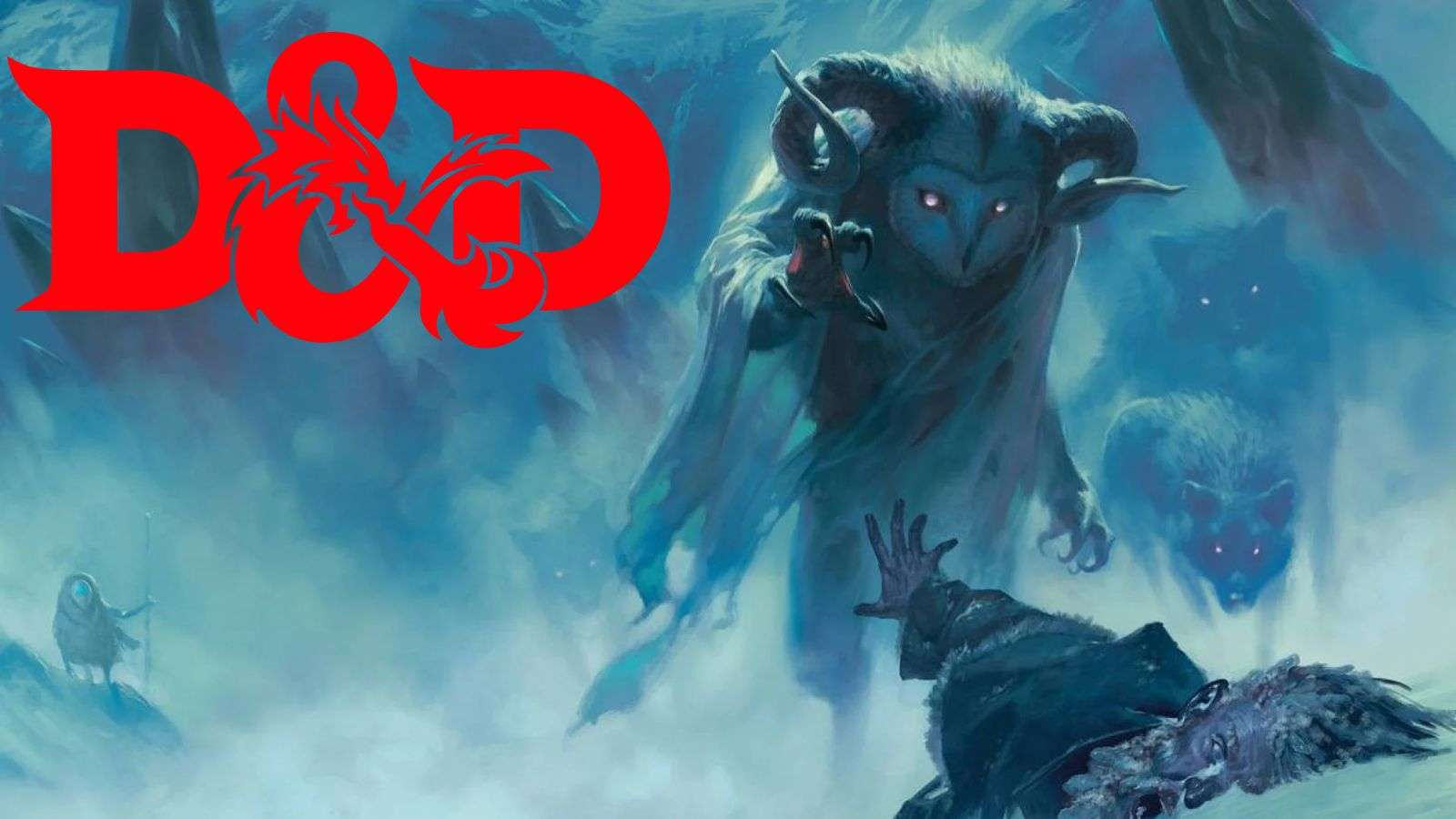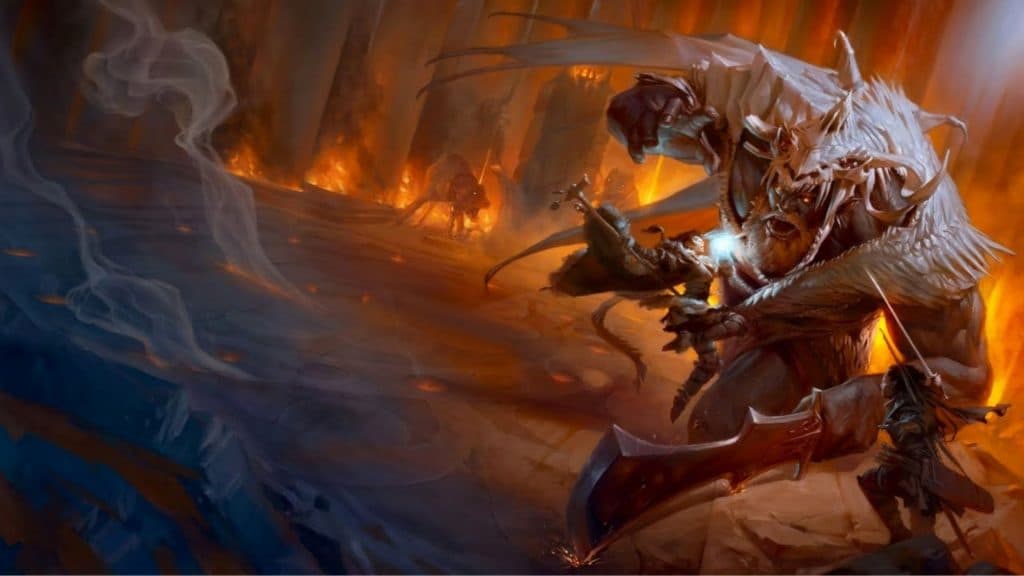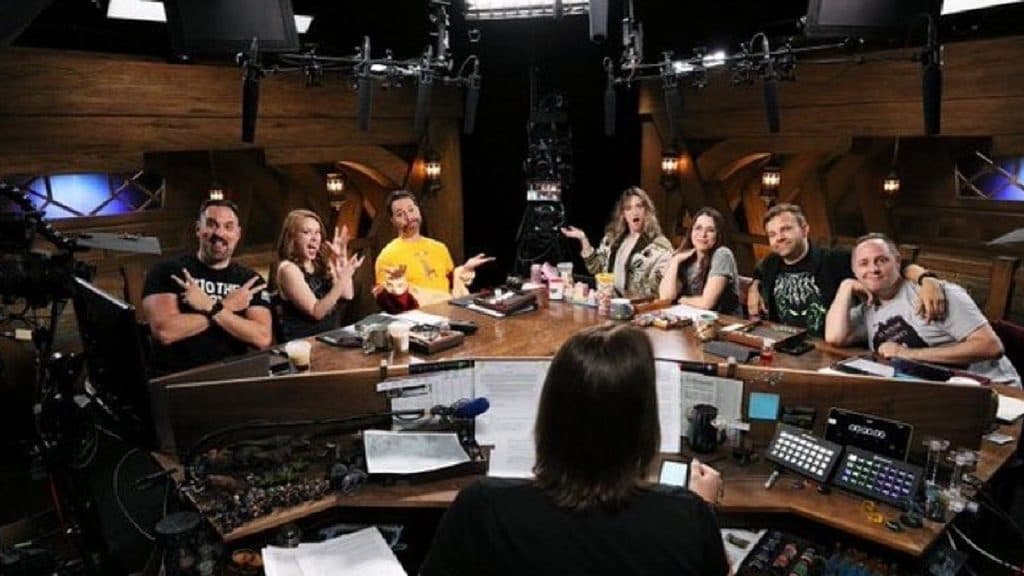What is D&D OGL 1.1? WoTC Open Game License leak explained
 Wizards of The Coast
Wizards of The CoastAs seen through a recent leak, Dungeons and Dragons publisher, Wizards of the Coast, is soon to change its Open Game License, causing uproar among fans and some confusion. So, here’s the D&D OGL 1.1 explained so you know what it means for your tabletop adventure.
Before understanding the impact of the OGL 1.1, we must first cover some history. Created in 2000, the original OGL provided a space in which creators could develop their own content, inspired by the world WoTC had created. This quickly introduces new ‘homebrew’ books, unique character sheets, races, and so much more, directly contributing to the success D&D now holds across the globe.
Now, after 23 years and the controversial announcement of One D&D, WoTC is making changes to its Open Game License, aiming to restrict and demand royalties from such companies, small businesses, and practically anyone making money off of D&D. While it may just be a leak, many fans are furious so we’ve put together an explanation of this new OGL and what it means for you as a player, creator, or business.
What is D&D OGL 1.1?
 Wizards of The Coast
Wizards of The CoastSo, what is D&D OGL 1.1? It’s essentially a way for Wizards of the Coast to keep an eye on what’s being produced under the banner of Dungeons and Dragons and claim royalties from certain larger businesses making a high profit.
As stated in the leaked document, “This revised license is intended to protect the D&D brand by reducing creator confusion, preventing bad actors from tarnishing it, and preventing large businesses from profiting off it without proper checks and balances.” Meaning one of the purposes of this document is to essentially keep an eye on what is being published under the D&D name.
The “proper checks and balances” will come in the form of requiring all creators making a profit on their D&D-related work, be that $1 or $50,000, to log their profits, product, and obtain a Creator Product badge for their work, as stated on D&D Beyond. This includes anyone making D&D content through Kickstarter, social media (when making money through ads), book creations, adventure modules, and all homebrew content being sold.
Those earning over $750,000 a year will be required to “share some of that success with [WoTC] by paying a royalty of 20 to 25% of the “qualifying revenue” they make in excess of $750,000.” However, if you’re earning under that then there will be no need to pay, although, as stated in the leak, logging your content will grant WoTC a “nonexclusive, perpetual, irrevocable, worldwide, sub-licensable, royalty-free license to use that content for any purpose.”
The royalties, owning of content, and the requirement to log all your content both previous and future is what’s upsetting fans with many feeling they will no longer be able to produce new content or make money off their work.
In summary, D&D OGL 1.1 will require all creators with products linked to or inspired by D&D to log and hand over some of the rights of their product to WoTC. Anyone making over $750,000 a year will need to pay royalties and anyone making no profit will be able to continue as they are.
What does the OGL 1.1 mean for creators and players?
 Instagram: Critical Role
Instagram: Critical RoleFor players, at least initially, there won’t be any big changes. If you’re not making money off D&D content then there’s nothing you need to do, although you may see some companies or Kickstarters disappearing to avoid logging their work, paying royalties, or handing over their creations to WoTC.
If you’re a small business or are earning a small amount by producing D&D content, then you’ll need to log all your content and products through WoTC following D&D OGL 1.1, meaning they will be able to accept or deny your creation and use the content themselves.
Or, for those who are making an impressive $750,000 per year or more, you’ll need to start paying Royalties on all D&D profits made after January 1, 2024. This will likely include pivotal companies in the community like Paizo (known for their hand in Pathfinder), Critical Role, Green Ronin, Kobold Press, and so many more.
While the D&D OGL 1.1 is just a leak at the moment, it seems both creators and players are unhappy with the changes, feeling this will greatly impact D&D as we know it. Only time will tell if that is true or if it continues in the upwards trajectory we are currently witnessing.